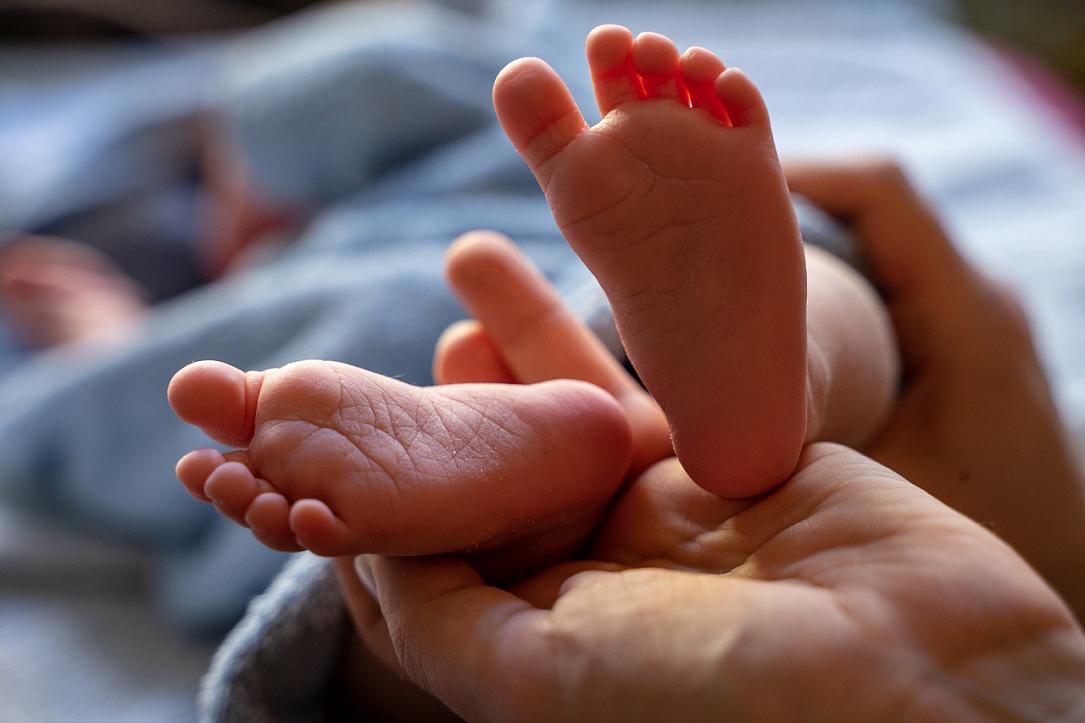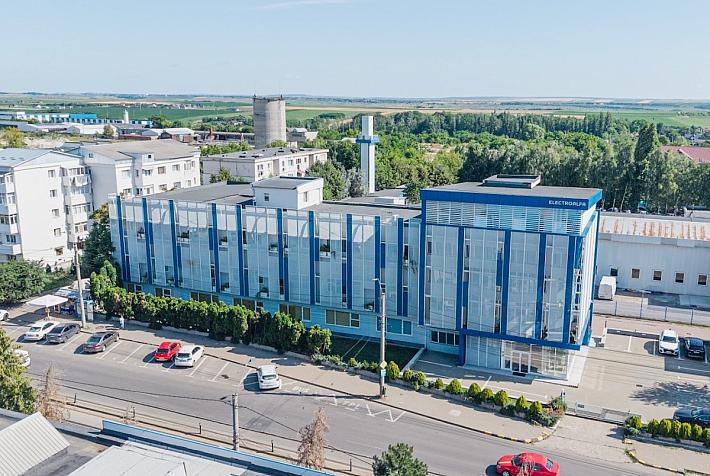Romanian politicians seek ways to stop demographic decline

Romania's ruling coalition, made of the Liberals (PNL) and reformists (USR-PLUS), discussed with president Klaus Iohannis options to address the demographic decline, as the number of newborns in 2020 was the smallest the country has seen in the last 100 years, G4media.ro reported.
However, only palliative or general measures such as rising retirement age or building support infrastructure for parents surfaced following the discussion.
A projection made in 2017 by the National Institute of Statistics (INS) anticipates that, if the demographic evolution keeps its current course, Romania could reach 16 million inhabitants in 2050, down from over 19 million resident inhabitants at the moment. This would have severe negative effects on the local economy and the state's finances.
The ruling coalition ponders two kinds of measures to temper the demographic decline, both of which are expected to have long-term effects.
The first measure, announced at the beginning of this year by labor minister Raluca Turcan, would be the voluntary extension of the retirement age from 65 to 70 years. Such a measure would take into account the increase in quality of life, consequently, the increase in life expectancy.
A second measure aims to encourage the birth rate by supporting young families through the construction of nurseries, after-school facilities - in short, the development of the infrastructure around the family to stimulate raising children, notes the quoted source.
(Photo: Pixabay)
andrei@romania-insider.com













